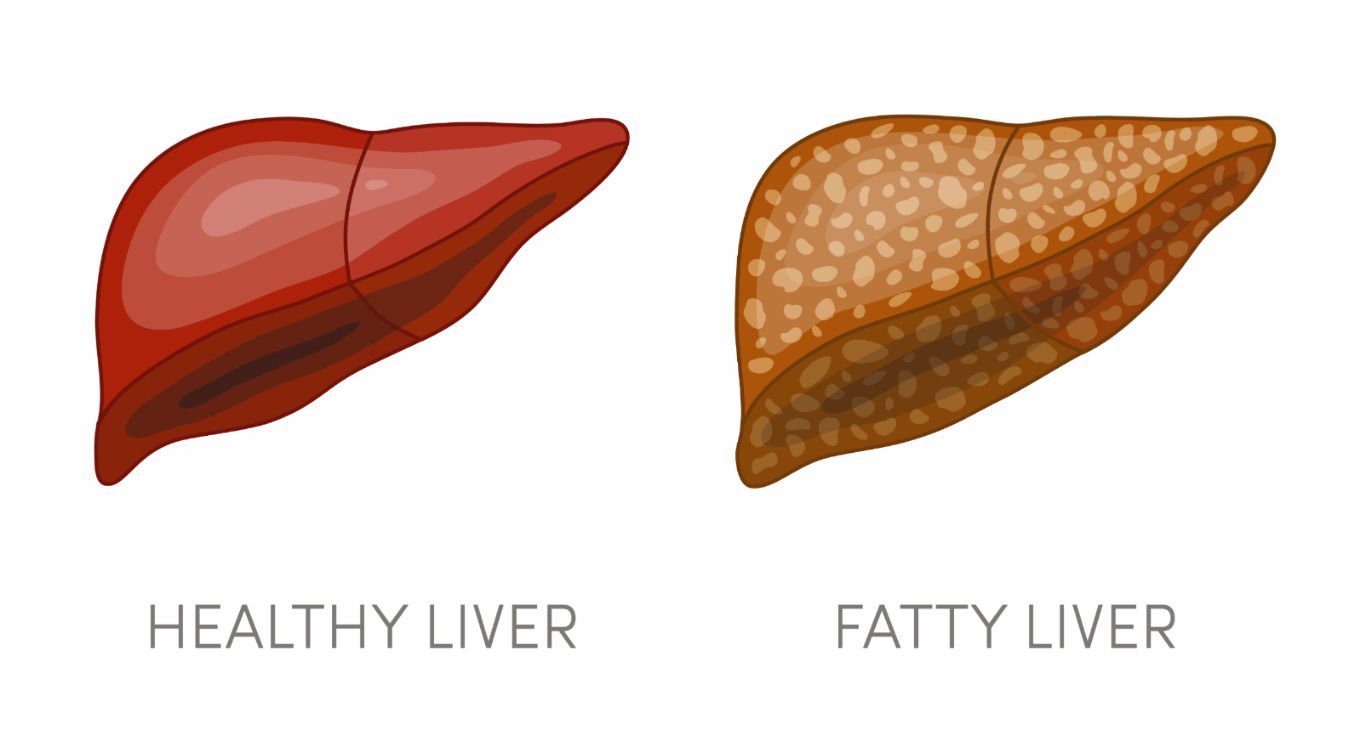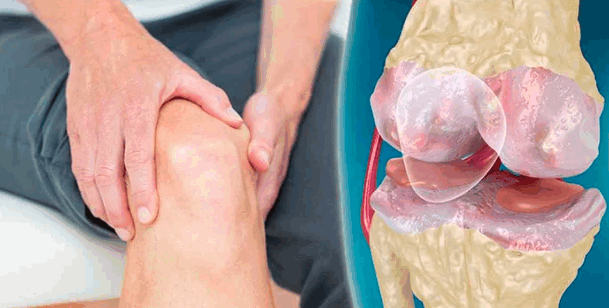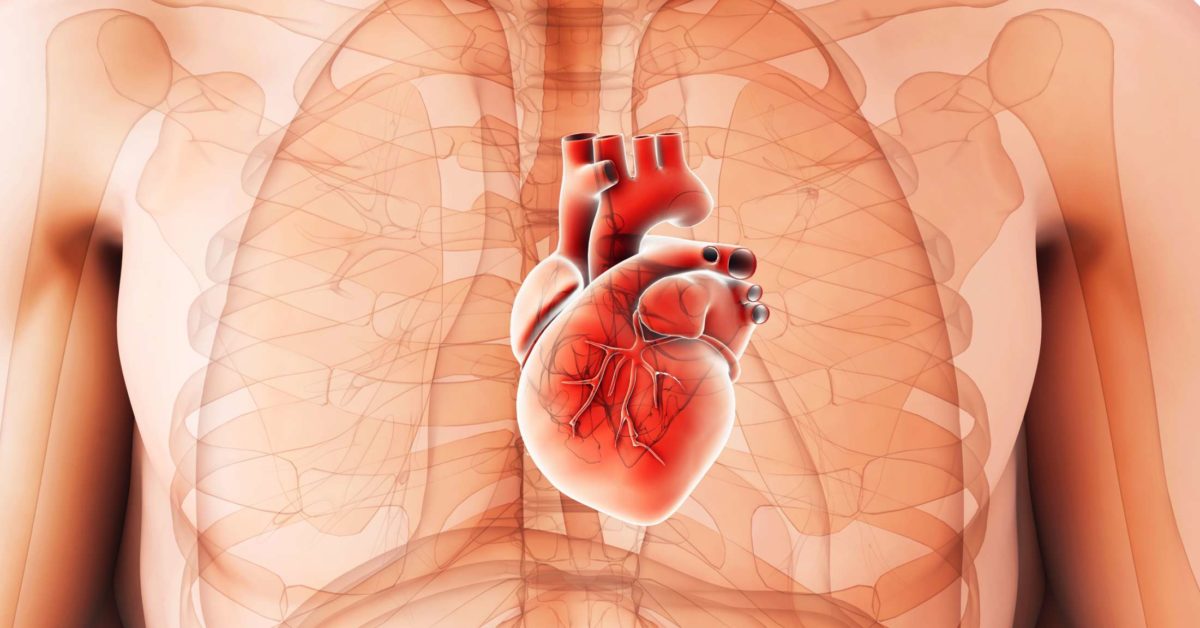Why do we like to eat salt?
No one in this world does not like a big plate of chips, popcorn, fries. Usually, these salty foods can not be left out. Most people in the world, however, use restrictive regimes.
People believe that craving for food is a sign of lack of body, but this is not always the case. Most cravings for unhealthy foods are due to a lack of nutrients in the body, which is a very common salt deficiency and is usually the result of fatigue and stress.
In general, salt intake can be associated with medical conditions or sodium deficiency in the body.
-
Stress:
Craving for salt can be the result of stress. When people’s stress levels rise, they become very interested in salt. Foods that people are eager to eat in these conditions are high in fat, sugar, and salt, which are also called tasty foods that can reduce a person’s overall health. According to studies, there is a special relationship between chronic stress levels, appetite, and high body mass.
Another study shows a link between stress and high levels of the hormone ghrelin, which increases hunger, and the results of this study tell people that this problem may increase your cravings for these foods and weight gain.
-
Insomnia is one of the reasons for craving salt:
People who do not get enough sleep need a lot of harmful foods, such as salty foods. People with sleep disorders can not resist unhealthy foods and, as a result, gain weight. Sleep disorders, stress, and busy schedules during the day often cause fatigue in people.
-
Boredom is one of the reasons for craving salt:
Eating salty foods can result from boredom, which is also caused by stress, and this disorder goes back to emotional behavior. If we want to recognize that the desire for salt is due to boredom or hunger, it is better to refer to our behavior.
True hunger occurs when your body only needs food, but if you find that you have just eaten but are interested in harmful and salty foods, you must have overcome boredom and clumsiness.

-
Excessive sweating is one of the reasons for craving salt:
Sweat contains salt, and people who sweat a lot have little sodium. Most people experience mild sweating that they should not worry about. Sodium levels in the body are usually changing day by day. You know that you should drink enough water to replace sweat after strenuous exercise and even just regular exercise.
The endurance of heroes and people who work and exercise in very hot environments makes them need to consume more salt, and when a person loses a lot of sodium, he begins to increase salt intake.
You burn 15 grams of salt in ten minutes of exercise, which is a lot, and people who do heavy and long-term exercise should drink sports drinks or high-electrolyte drinks, so they can spend a lot of time exercising. Drinks contain sodium and other electrolytes and can make up for lost sweat.
-
Premenstrual syndrome is one of the reasons for craving salt:
Premenstrual syndrome in women can cause many emotional changes throughout life, usually more severe during menstruation, called sudden menstrual syndrome. Excessive cravings for food, such as salty foods, are common symptoms of this period, and these foods depend on changes in a person’s hormones.
Studies show that 500 micrograms of calcium and 40 milligrams of vitamin B6 are reduced during this period. You can take calcium and vitamin B6 in pill form and take them for this deficiency.
Studies show that women who use acupuncture and herbal remedies have 50% fewer symptoms of PMS.
Birth control pills also increase the symptoms of PMS, and studies have shown that these pills can have side effects that you should tell your doctor.
-
Addison’s disease:
Addison’s disease, or lack of adrenal glands, causes a problem with hormone-producing hormones, and these hormones control the body’s response to stress and regulate blood pressure. When the adrenal glands do not produce enough hormones in the body, it increases your appetite for salt. As a result, Addison’s disease can cause high blood pressure.
People with Addison have the following symptoms:
- Prolonged weakness and fatigue
- Decreased appetite
- Unexpected weight loss
- stomach ache
- insomnia
- Vomit
- Diarrhea
- Vertigo
- Lack of blood pressure
- Depression
- Fatigue
- Headache
- Irregular menstruation
- Addison’s disease
It can also cause the following:
Immune system disorders
Bacterial and fungal infections
Addison’s disease requires medical attention to compensate for the hormone deficiency. In more severe cases, the person may have an adrenal crisis, which occurs when cortisol levels in your body drop sharply. It becomes dangerous. The adrenal problem is a medical emergency.
-
Bartter syndrome:
Bartter syndrome is a genetic disease that occurs at birth. People with Bartter syndrome are unable to absorb sodium through their kidneys and, as a result, lose a lot of sodium through their urine which causes a lack of potassium and calcium. Becomes.
Sodium deficiency in people with Bartter syndrome increases their appetite for salt, and people with Bartter syndrome may also experience the following conditions:
Very slow weight gain is usually seen in children.
- Constipation
- Frequent urination
- kidney stone
- low blood pressure
- Muscle weakness and cramps
This syndrome is commonly diagnosed in infants and children and is diagnosed through blood and urine tests and can also be improved with calcium, salt, and magnesium supplements.
-
Fibroids are the reasons for craving salt:
A fibroid cyst is one of the diseases that can affect the digestive system and lungs. This condition is a threat to a person’s life and shortens his life. Fibroids force the body to add more salt and lose cellular water.
This makes your body’s mucous membranes thicker than normal and can cause lung obstruction and pancreatic problems, and your body needs a lot of salt to achieve this balance.
Other symptoms of fibroids include:
Constipation
Frequent urination
kidney stone
low blood pressure
Muscle weakness and contraction
-
Pregnancy is one of the reasons for craving salt:
Diarrhea and vomiting are the first signs of pregnancy that lead to dehydration and cravings for salt.
-
Dehydration is one of the reasons for craving salt:
The body needs a certain level of fluid to function properly. Decreased body fluid levels cause cravings for salt. Symptoms of dehydration include:
- Paleness
- Vertigo
- Feeling thirsty
- Headache
- Decreased urination
- Mood swings and irritability
- Fast heart rate
- Muscle spasm or pain.
-
Electrolyte imbalance is one of the reasons for the tendency to consume salt:
Fluids in the body are essential for the proper functioning of the organs and help carry vital minerals. Electrolytes are minerals including sodium, potassium, chlorine, magnesium, calcium, phosphate, and bicarbonate. These salts dissolve in body fluids and produce charged ions. These ions are essential for the body because they help the nerves and muscles regulate body fluids, blood pressure, and blood pH. Electrolyte imbalance causes a strong craving for salt and symptoms such as headache, nausea and vomiting, fatigue or loss of energy, confusion, irritability and mood swings, headache, seizures, etc.
Solutions to reduce the desire for salt
First of all, you should try to choose a suitable substitute for salt so that you do not feel short of it. Convenient options for salt include the following:
- Black pepper to forget about salt:
Use black pepper instead of salt because fresh black pepper can taste food to forget about salt.
- Garlic to reduce the desire for salt:
Fried garlic or fresh garlic can give a pleasant taste to your vegetables and salads. Cooked garlic reduces your appetite for salt.
- Vinegar to reduce the desire for salt:
Sodium deficiency can be compensated with vinegar instead of salt, and the type of vinegar does not matter.
- Citrus fruits suitable for reducing the desire for salt:
Citrus fruits such as sour lemon or sweet lemon or orange juice can give your food a pleasant taste, a good salt substitute. For example, you can never use salt for cooking chicken and dipping it in lemon instead.
Other tips and tricks to reduce the desire for salt
- Change your eating habits.
If you grew up in a family that always salts its food before doing anything and then tastes it, this would make it a habit to sprinkle salt on the food. The best way is to be aware of your destructive pattern first, taste the food first, and then use salt.
Add less salt than what is in the recipe to get used to low-salt foods and instead use other spices such as ginger and pepper, as mentioned above.
- Assess your mineral needs.
Our bodies need zinc, sodium, magnesium, calcium, and other minerals to provide enough energy throughout the day and regulate our hormones, so you need to get enough minerals to keep your craving for salt open. You should use high-quality multivitamins and increase the use of vegetables and fruits.
- Drink enough water to prevent dehydration.
Sodium can be supplied with sufficient water in the body. When your body is dry, it needs more salt, and you should try to drink enough water. Be sure to drink eight glasses of water daily.
- Check your adrenal glands for any problems.
The tendency to eat salt can be the result of a malfunction of the adrenal glands, so it is better to check this case so that in case of problems, you can prevent it and have the desire to reduce it alone.
- Read food package information.
First of all, you need to consider the food package information, find out how much salt is used, and never use high-salt packaged foods.
Finally, pay more attention to the foods you eat and be careful in choosing foods, for example, increasing the consumption of fruits and vegetables to get enough water for your body and trying unsalted nuts and sunflower seeds. Use odorless to make your body less accustomed to it and also do not overeat.










